
- Mode2 Portable AC Charger
- Mode3 Ev Charging Cable
- Home AC Charger
- Commercial AC Charger
- Home DC Fast Charging Station
- Commercial DC Fast Charging Stat
- V2X Charger
- EV Charging Station Power Module
- Ev Charging Plugs
- Ev Charging Socket
- EV Charging Accessories
- On Borad Charger
Latest news
- Nissan Unveils Bidirectional Onboard C
- Milence Launches First Charging Hub in
- Norway Likely Delaying Electric Van De
- India Unveils Five-Year Plan to Introd
- Hyundai Collaborates with Canadian Bat
- LG Energy Solution to Provide Batterie
Contact us
- ADD: 4-9-4 Jinkai International No. 1230 Jinkai RD, North of Chongqing China, 401122
- TEL: 0086-23-63425659
- FAX: 0086-23-63013491
- E-mail: bake@senkumachinery.com
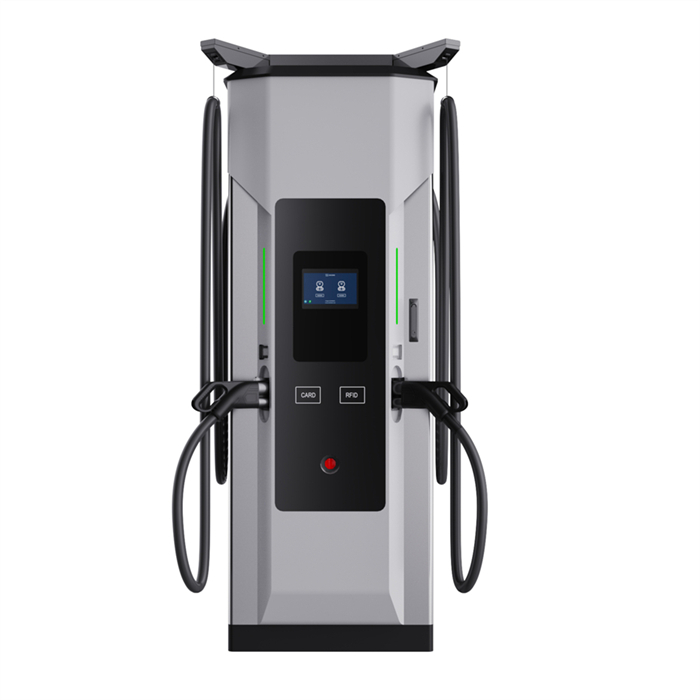


90KW-180KW CCS GBT CHADEMO Car Charging Stations
- Input Voltage: 400V AC±15%,3phase+N+PE
- Rated output voltage(V): 150-1000V
- Output Power: 90KW 120KW 150KW 180KW
- Output Current(A): 0~200A
- Product description: DC fast chargers represent the quickest charging method available for electric vehicles. For example, the 90KW, 120KW, and 180KW DC car charging stations with dual or triple connector options like CCS
Product introduction
90KW 120KW 180KW Two Guns Or Three Guns CCS GBT CHADEMO Car Charging Stations
Specification
Model
Data
AC Nominal Input
Phases/ Lines
3-phase; 3P+N+PE
Input Voltage
260Vac~530Vac, Rated 380V AC
Frequency
50Hz-60Hz
DC Nominal Output
DC Voltage Accuracy
<±0.5
Output Voltage/current
80KW @ 200A ; 150V-1000V DC
90KW @ 200A ; 150V-1000V DC
100KW @ 200A ; 150V-1000V DC
120KW @ 200A ; 150V-1000V DC
140KW @ 200A ; 150V-1000V DC
150KW @ 200A ; 150V-1000V DC
160KW @ 200A ; 150V-1000V DC
180KW @ 200A ; 150V-1000V DC
Output Efficiency
>96% (Rated input and output)
Electrical
LED Indicator
Yes
LCD Touch Screen
Colorful 7" Touch screen
Emergency Stop Button
Yes (Red Color)
RFID Function
Yes
Smart Phone APP
Yes
Energy Meter
Yes
Structure Design
Housing Material
Metal case
Installation Method
Floor-stand
Application scenes
Commercial / Public charging, such as: Workplaces, Retail & hospitality, Commercial parking lots, highways, school, Charging network operators and Fleets...etc
Charging Outlet
Combo CCS2 / CHAdeMo / Combo CCS1 / GBT option
Charging Outlet Quantity
1 (Single) Or 2 (Dual) Or 3 (Three)
Cable Length
5M cable or Cutomized
Communication
Network Method
Wifi; Ethernet; 4G
Communication Protocol
PLC; CAN
OCPP 1.6 JSON
Environmental Index
Operating Temperature
-30~+50°C
Working Humidity
5%~95% without condensation
Working Altitude
<2000M
Protection Grade
IP54 / IK10
Application Site
Indoor/Outdoor
Cooling Method
Fan cooling
Security Protection
Multi le Protection
OverCurrent Protection, Over/ Under Volatge Protection,
Short Circuit Protection, Reverse Polarity Protection, OverTemperature Protection, Protect, Earth Connect Monitoring, Full automatic stop
Certificate Compliance
CE Certification
EN IEC 61851-1:2019, EN IEC 61851-21-2:2021
EN 61851-23:2014/AC:2016-06, EN 61851-24:2014/AC:2015
EN IEC 61000-6-1:2019, EN IEC 61000-6-3:2021
EN 61000-3-12:2011, EN 61000-4-7:2002/A1:2009
Warranty
12 months
Dimension
Dimension (W*D*H)
760×550 × 2350 mm
A car charging station, also known as a charge point, EV Charger, or electric vehicle supply equipment (EVSE), is a device that provides electric power to recharge plug-in electric vehicles, including battery electric vehicles, electric trucks, buses, neighborhood electric vehicles, and plug-in hybrids. DC charging stations often feature multiple connectors to accommodate a variety of vehicles.
DC fast chargers represent the quickest charging method available for electric vehicles. For example, the 90KW, 120KW, and 180KW DC car charging stations with dual or triple connector options like CCS, GBT, and CHAdeMO. This input AC power is converted into DC directly within the station and then delivered straight to the vehicle’s battery. This direct conversion allows for faster power delivery, making DC fast chargers an optimal solution for rapidly maximizing an electric vehicle’s range.



EV drivers prefer to pay for charging with debit or credit cards
EV drivers prefer to use debit or credit cards for charging payments When surveyed, drivers express a preference for using familiar payment methods at EV charging stations, similar to other point-of-sale transactions. A significant 65% of consumers favor using a debit or credit card directly at the charging station, while 33% prefer cash, and 13% opt for mobile wallets.
This preference for using payment cards for EV charging is supported by various consumer studies. For instance, one study found that when considering innovations in EV charging payments, the majority of consumers would choose to pay with a card or use Plug & Charge technology, with 24% favoring contactless payments via mobile phone. Additionally, the preference for card payments has been increasingly recognized by regulatory bodies, including the European Commission and the governments of Norway and the UK.
Senku Machinery offers charging stations that accommodate credit card payments. For more information, please get in touch with us!

Understanding Different EV Charging Station Types
1) Slow Car Charging Stations
Often referred to as slow chargers, these include the standard three-pin plug chargers (also known as mode 2 chargers) that are typically used in residential settings. These chargers generally operate at about 3kW, though some may offer slightly less power.
2) Fast Car Charging Stations
Fast chargers provide up to 7kW of power and can recharge modern EV batteries much quicker than slow chargers. These are often wallbox chargers installed at home, offering a more expedient charging solution than traditional household plugs. With an upgrade to a three-phase power supply, often found in commercial buildings, these chargers can be enhanced to offer up to 22kW. Fast chargers are also commonly found in public locations, providing a quick top-up for travelers.
3) Rapid Car Charging Stations
Rapid chargers are the fastest type available, delivering between 50kW and 180kW or more. They can charge an EV battery to 80% in as little as 30 minutes, depending on the vehicle model. These stations are crucial for long-distance travel, offering significant battery boosts in short periods.
Tags: car charging stations, manufacturers, factories

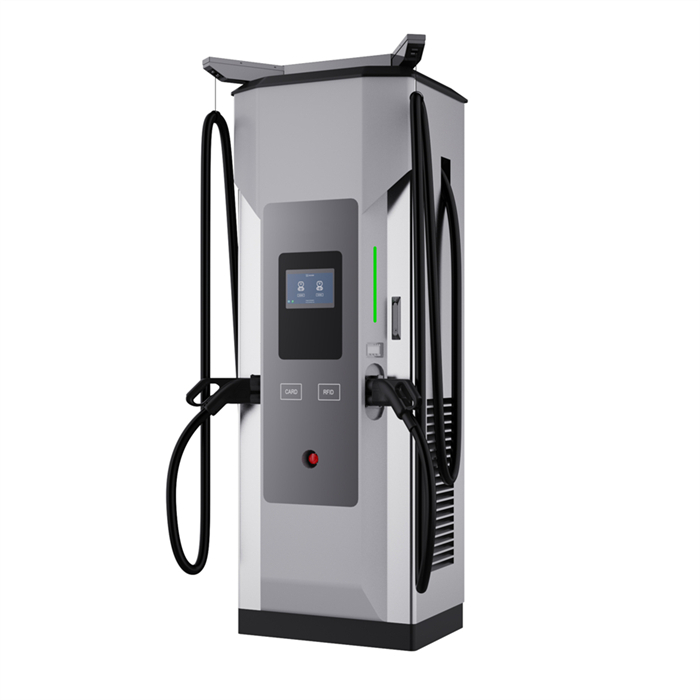
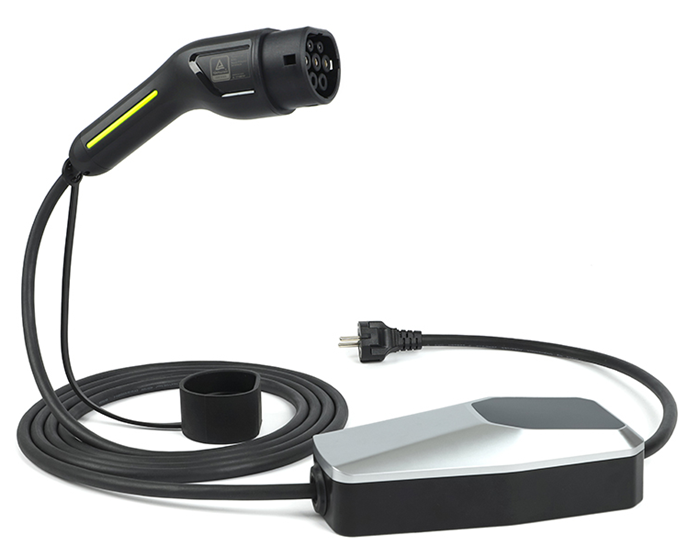
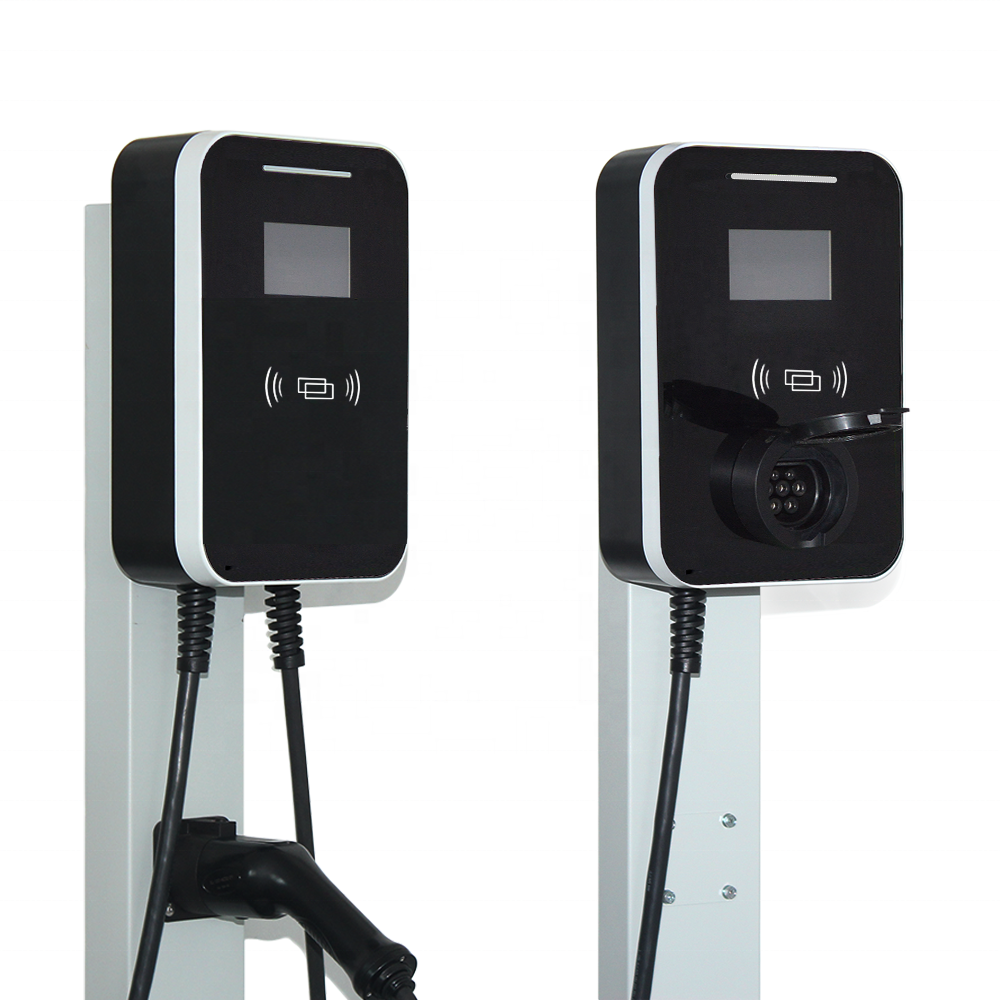



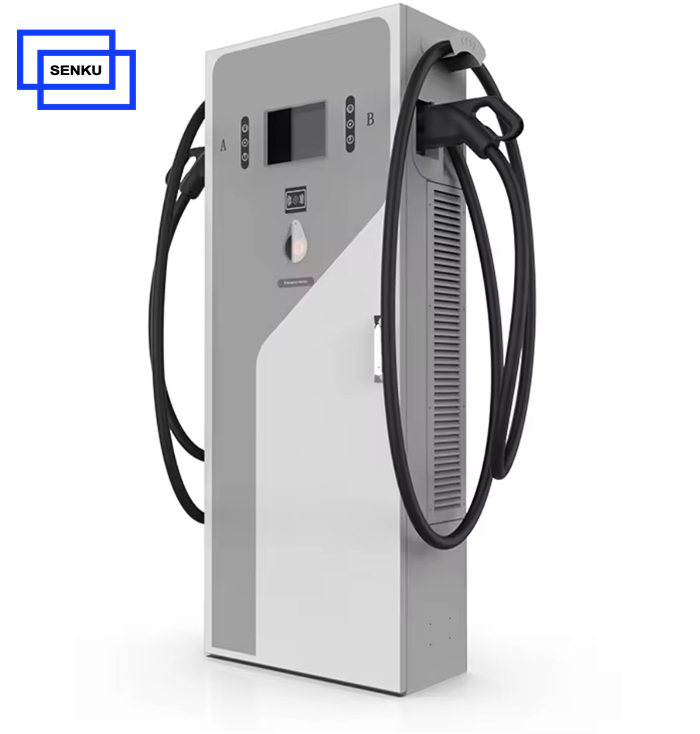
 Senku ,Bake
Senku ,Bake Senku
Senku